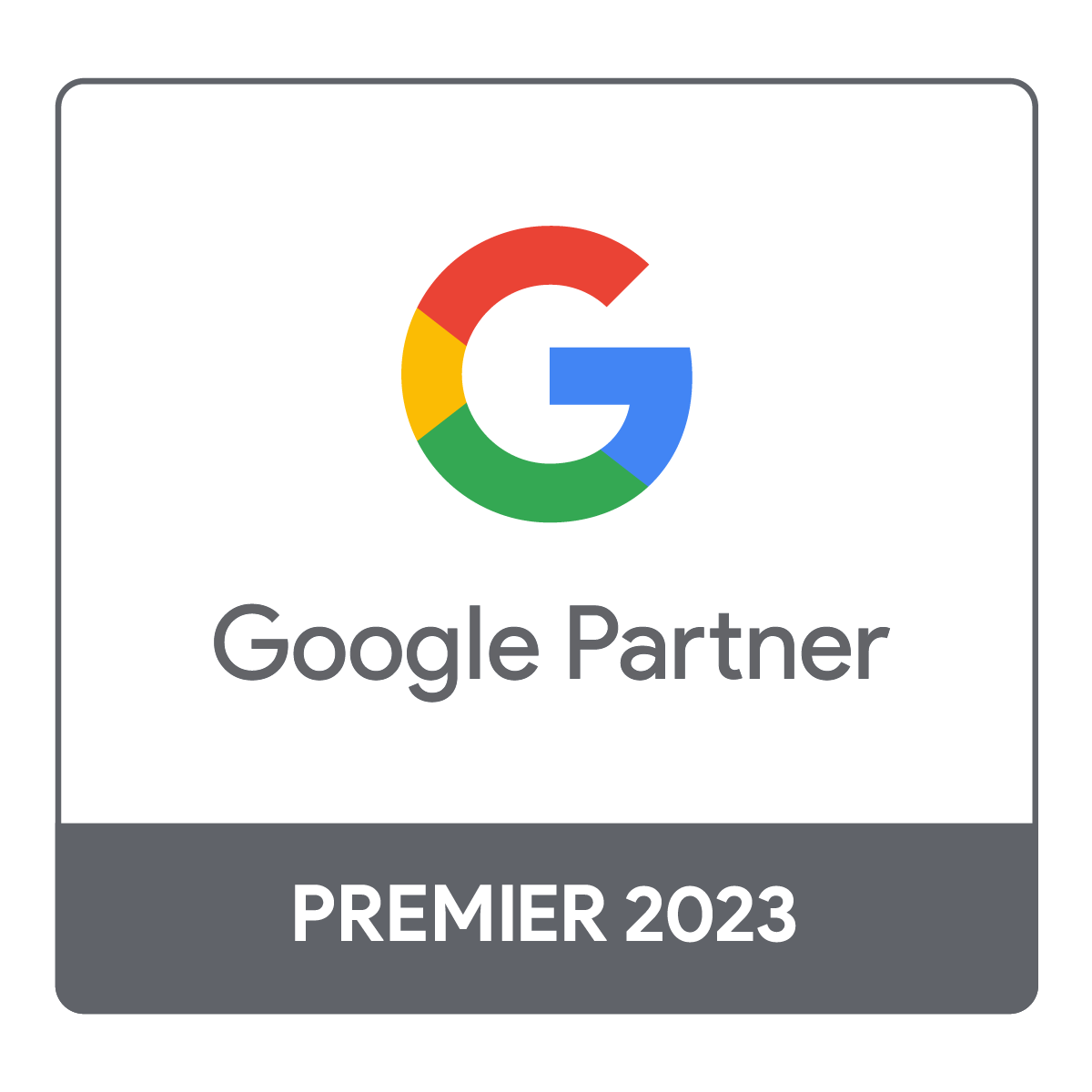Update: Google is extending the deadline to switch to GA4 by moving the Universal Analytics 360 sunset date all the way to 2024!
If you’re a marketer in Hong Kong, then you need to be aware of the upcoming changes to the Google Analytics platform.
Come July 1, 2023, All Standard UA properties will be sunset by Google. Be prepared to switch to not be left behind.
If you are on Universal Analytics 360, you have some more time to transition to GA4. The deadline to transition to GA4 has moved from October 1, 2023, to July 1, 2024!
And just to clarify, this change only applies to the enterprise version of Universal Analytics.
So if you’re unsure how to migrate from Universal Analytics or just want some tips on making the process as smooth as possible, read on! We’ll give you all the information you need to make a move without a hitch.
What’s changing with GA4, and what do I need to know?
You should be aware of two critical factors while switching from Universal Analytics to GA4:
- GA4 will completely replace Universal Analytics as of July 1, 2023.
- Data processing for Standard Universal Analytics properties will stop, and only GA4 properties will get fresh data.
- The sunset for Universal Analytics 360 will be July 1, 2024.
Users will now need to grasp how to utilize GA4 and the additional procedures that come with it as a result of this change. We’ll further break things down to assist you in doing this.
What does ‘property’ mean in Google Analytics?
You might wonder what we mean by “property” before we even start talking about GA4.
A property is a website or app you track with Google Analytics. As such, you are handling a Universal Analytics property if you use Universal Analytics to track your website.
The same website will have a Google Analytics 4 property once you move to GA4.
What is Google Analytics 4 exactly?
GA4 enables users to track traffic and engagement on the websites and apps of your business.
The change to GA4 will, however, provide a new class of property with distinct reports. These reports will differ from those that are typically displayed when using Universal Analytics.
To better understand the customer journey, GA4 was created with the future of measurement in mind and gathers the pertinent data.
Please note that GA4 will provide more functionality than Universal Analytics. It was to meet current reporting and privacy requirements.

What is the difference between GA4 and Universal Analytics?
While there are many parallels and differences between GA4 and Universal Analytics, GA4 is a more sophisticated, foolproof, and effective tool for tracking the development of your property.
Some of these differences include the following:
- GA4 is event-based – The session-based Universal Analytics stands in sharp contrast to this. The foundation of Universal Analytics was the idea that the most crucial indicator of a successful website was the number of page views. This is no longer the case since GA4 now makes it possible to track various actions, including button presses and video plays.
- Tracking across various devices – GA4 offers improved company and customer journey visibility across various websites and apps, whereas Universal Analytics was designed for tracking desktop web traffic. Thus, this considers the utilization of mobile phones and other smart gadgets.
- Machine learning processes – Machine learning technology is used in GA4. This allows the platform to make relevant predictions and share appropriate insights.
- GA4 protects your privacy – GA4 does not rely on cookies like Universal Analytics does, respecting your privacy.
With all these new capabilities combined, it is obvious that GA4 is the best option for Google Analytics. It will be the best tool to gauge the performance of your business’s online presence.
How do I know if I’m using Universal Analytics or GA4?
Not sure if you’re now utilizing GA4 or are still using Universal Analytics? There are a few straightforward ways to know.
- After October 14, 2020, GA4 was the default Google Analytics platform. As a result, GA4 will be used if you generated any properties after that point.
- If you were using Google Analytics before October 2022, then you are using Universal Analytics and must migrate to GA4 processes.
- You can always make sure. Users can view their property type in Google Analytics. You may locate your property ID by looking at your account. Your ID will begin with UA followed by digits if you use Universal Analytics. But GA4 properties’ IDs only contain digits.
Migrating to GA4 – What do you need to do?
Although moving to GA4 can seem difficult, our team has created a foolproof approach to make the transition and guarantee that all of your data is protected.
Make the change to GA4 as soon as possible!
There is still time until the GA4 takeover is finished. However, don’t delay! We recommend you make the change as soon as you can. This is so your GA4 account can gather the information needed to drive insights and produce the relevant data.
While Google’s GA4 Setup Assistant describes your choices for current tagging, our experts at First Page can guide you through each step to ensure you understand GA4 entirely and the necessity of switching.
Similar to the above, Google has also released an article that can simplify the procedure for you if you employ sophisticated features or run Google advertisements.
Next, remember to modify Facebook and Google ads conversion tracking.
Once you have set up your GA4 property, you can view all analytics and data in your Google ads account.
Hence, if you have already established conversion tracking… Here is the next thing to do. You will need to import Google Analytics conversions into Google ads. Then you must remove Universal Analytic goals to avoid creating duplicates.
Are you interested in learning more about the connection between GA4 and your Google Ads account? Speak with First Page’s professionals right away. We offer excellent guidance on Facebook and Google ads. We can assist you in making your migration process simple and stress-free.
Do not forget to export past reports.
You will still have six months of access to Universal Analytics data after July 1, 2023.
Therefore, this time should be used to export any previous data and reports that are important to you and your company.
Additionally, by making the move now rather than delaying it until July 2023, you’ll have less historical data to transfer over time. This means that everything you want will already be tied to GA4, and the platform can begin processing data to support your company and Google ad goals.
Call our First Page Google experts immediately if you’re unclear about how to export data.
Let Our Experts Help!
Are you having problems distinguishing between GA4 and Universal Analytics?
When it comes to switching Google Analytics platforms and migration, you might not know where to begin.
Our Google ad experts at First Page are available to assist you whether you are facing one of these issues or something else with digital marketing.
Universal Analytics is coming to an end. Remember, Google Analytics 4 is swiftly taking over. Hence, to keep up to date with your data and extract the necessary information about your website, you must make the switch to GA4 immediately.
At First Page, we can help you do just that. Talk to our team today in Hong Kong about how we can help you migrate to the GA4 and continue your Google ads journey. Alternatively, we specialize in various other digital marketing services and can assist you with growing your business. Contact us today.

Ready to reach page one on Google?
We know you want to make real money! Get ready to convert customers like crazy. Please do not delay. Contact us today!















